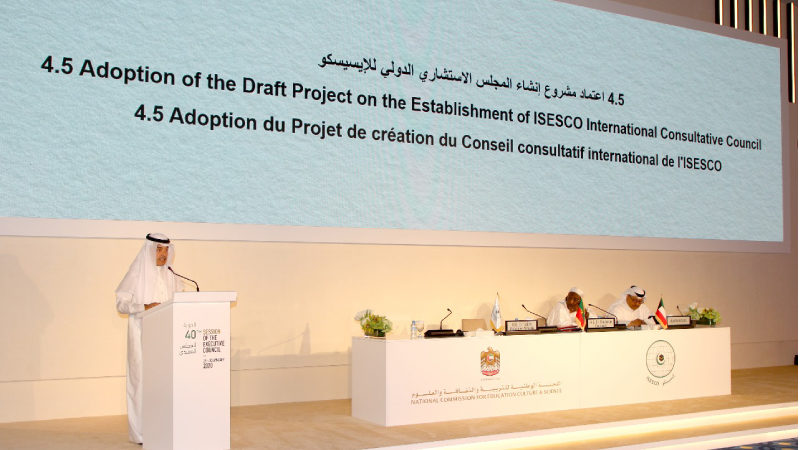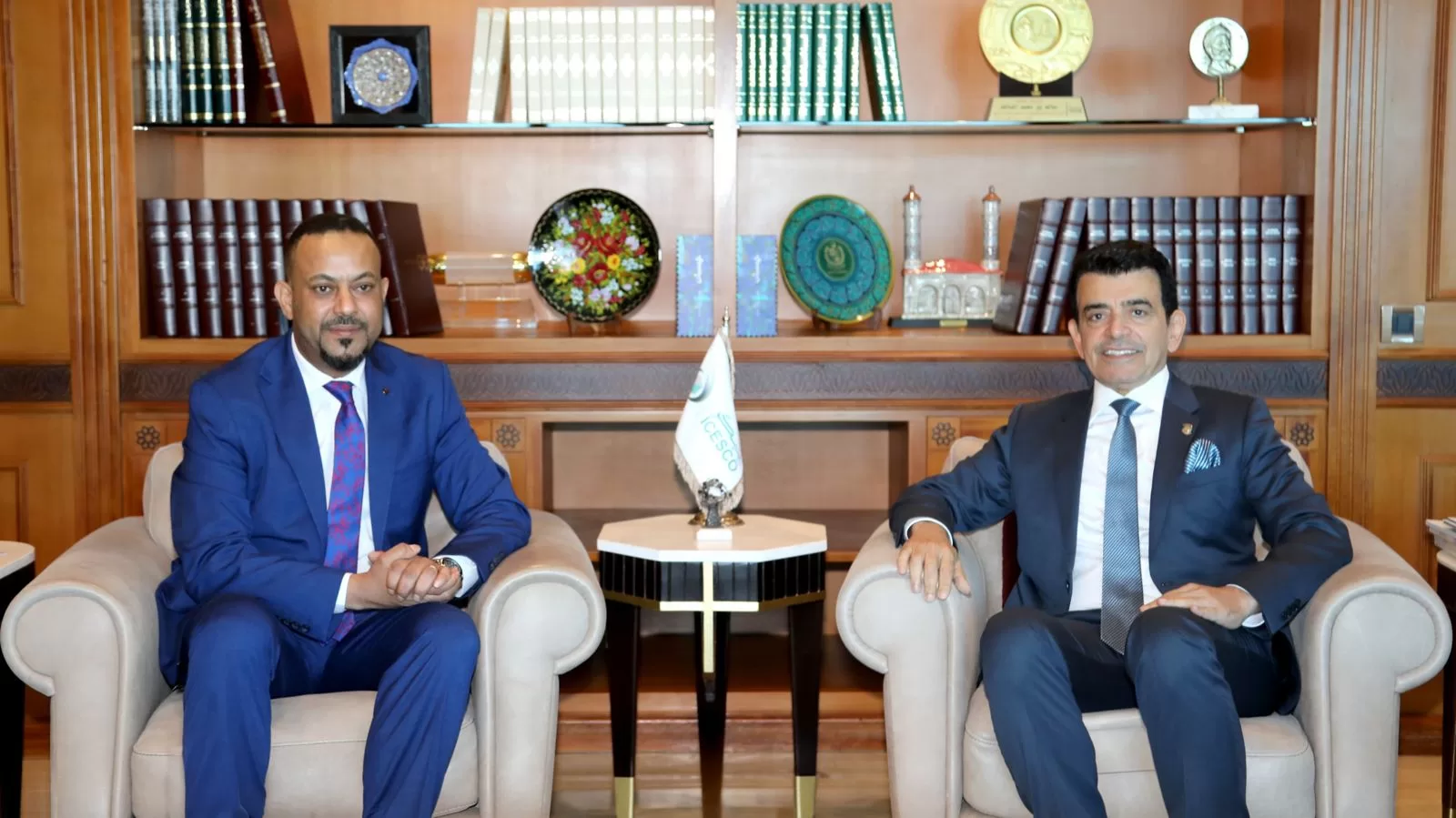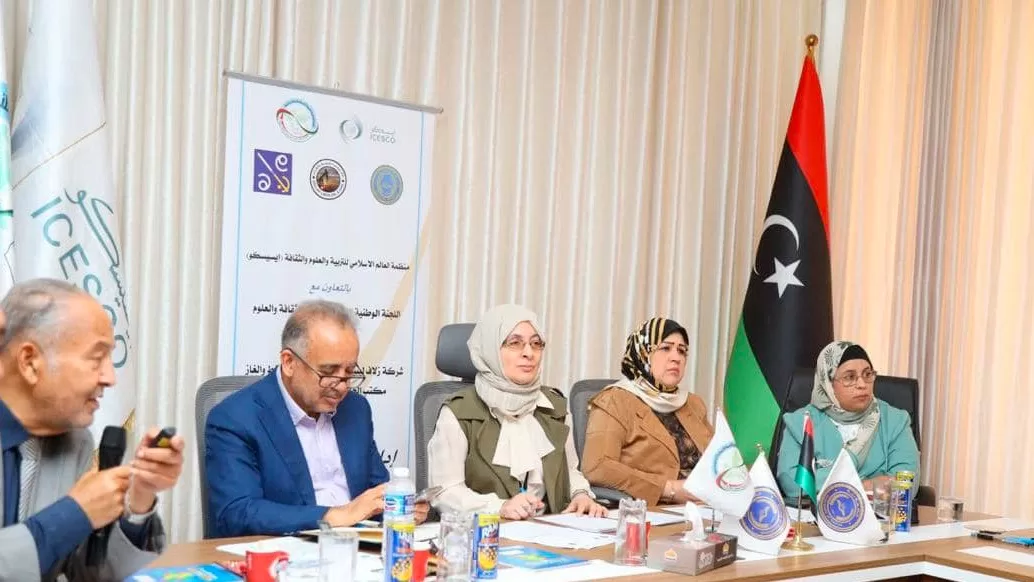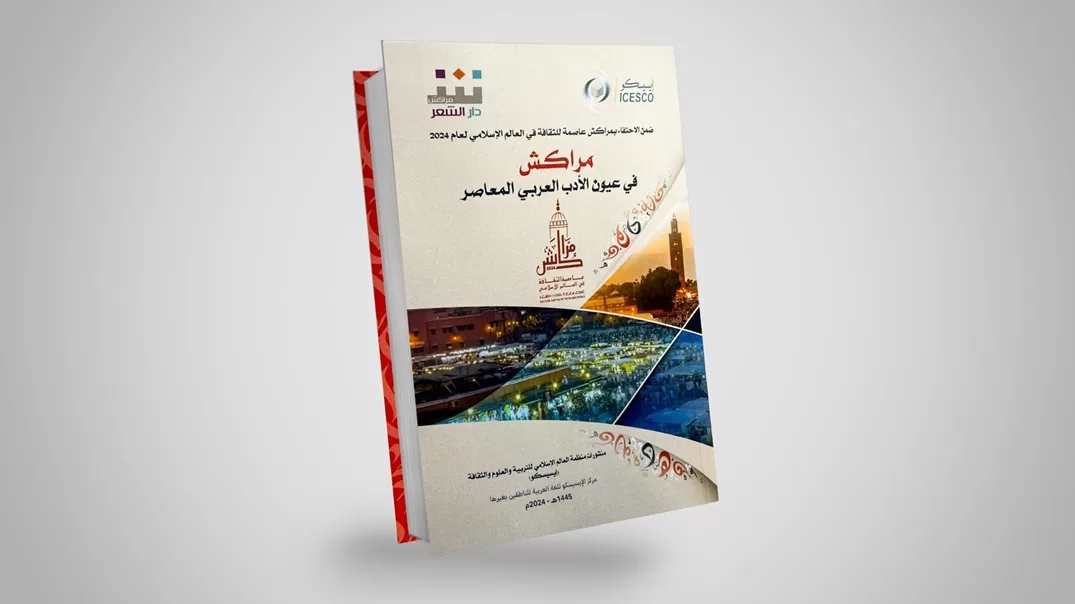
Adoption of Establishment of ICESCO International Consultative Council

30 January 2020
The 40th Executive Council of the Islamic World Educational, Scientific and Cultural Organization (ICESCO), being held in Abu Dhabi, State of the United Arab Emirates, which enjoys the powers of ICESCO General Conference, adopted the Establishment of ICESCO International Consultative Council.
In this regard, the General Directorate of ICESCO stressed that among the practices and customs that are established worldwide, which the regional and international organizations and renowned major universities are keen to use, is the establishment of international consultative bodies, networks, academies or councils that include an elite of international figures from among experts with extensive experience, profound knowledge and outstanding status, so as to benefit from their considerable expertise and sound proactive visions.
In this context, and to give body to ICESCO’s move towards more openness to international horizons as part of its new vision, the Organization is keen to benefit from the practices, customs and traditions followed by international organizations and institutions to establish an international consultative council which will benefit ICESCO through its work, thought, expertise and consultation to improve the Organization’s outreach worldwide and provide advice to support the process of reform and development in which it is currently embarked on.
The Council will also coordinate regularly, cooperate closely and consult continuously with the Organization’s statutory bodies, namely the Executive Council, the General Conference, the subsidiary and specialized organs such as the Federation of the Universities of the Islamic World (FUIW), the Islamic World Heritage Committee, ICESCO Goodwill Ambassadors, and the Supreme Consultative Council for Education, Science and Culture for Muslims outside the Islamic World. Accordingly, the Council, in assuring its functions and tasks, will take into consideration these bodies’ decisions and recommendations as well as the issues dealt with by the specialized ministerial conferences, held by ICESCO, and the outcomes of the high-level forums.
Moreover, the Council aims at achieving the institutional transformation and quantum leap which will place ICESCO at the forefront of major leading international organizations active in its areas of competence; supporting the reform approach and the process of development currently followed by ICESCO; implementing the Shura mechanism which is, from the Islamic perspective, a fundamental of successful collective management, and benefiting from it to formulate the appropriate orientations and take the right decisions; and accelerating the pace to achieve the desired goals of ICESCO’s plans and programmes.
The Council shall comprise sixteen (16) members, eight (8) from ICESCO Member States, and eight (8) from other countries and parties, who shall be selected by ICESCO according to specific criteria. If interest demands and should the need arise, the number of members may be increased as may be required by the Council to discharge its missions and in accordance with measures taken in this regard.
The Council’s functions include contributing to the formulation of ICESCO’s strategies, priorities and orientations and to developing its courses of action; anticipating future trends of issues directly or indirectly affecting ICESCO’s areas of competence in the medium and long terms at the regional and international levels; and expressing opinions and providing consultation on the topics relevant to ICESCO’s fields of competence which are submitted to the Council.
The Council shall also encourage openness to future prospects and enhance the visibility of the Organization on the international scene through its achievements and projects; propose new major sustainable projects and initiatives that cater for the common needs of Muslim countries, and develop executive measures to them, while taking into account realities and regional and international changes; boost shared strategies and programmes between the Organization and parallel regional and international organizations. It shall also establish practical partnership and true twinning with a number of regional and international organizations sharing the same interest so as to learn from their accumulated rich expertise and pioneering experiences; enhance partnership between ICESCO and civil society organizations; suggest an executive framework for such partnership, in such a way as to make of the civil society an influential positive force impacting on orientations and programmes of ICESCO; provide scientific consultations; and enrich the issues and topics submitted to the ministerial and sectoral conferences of the Organization and participate in their academic sessions.



